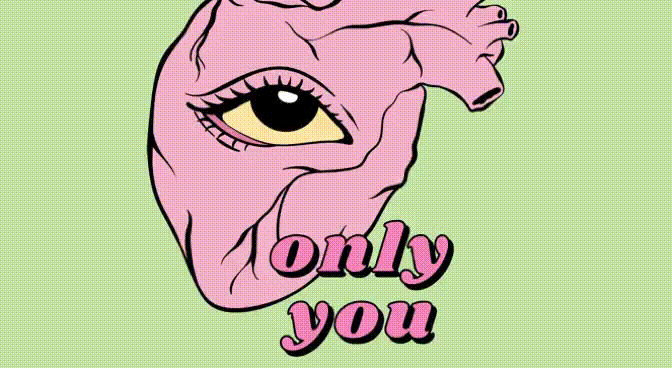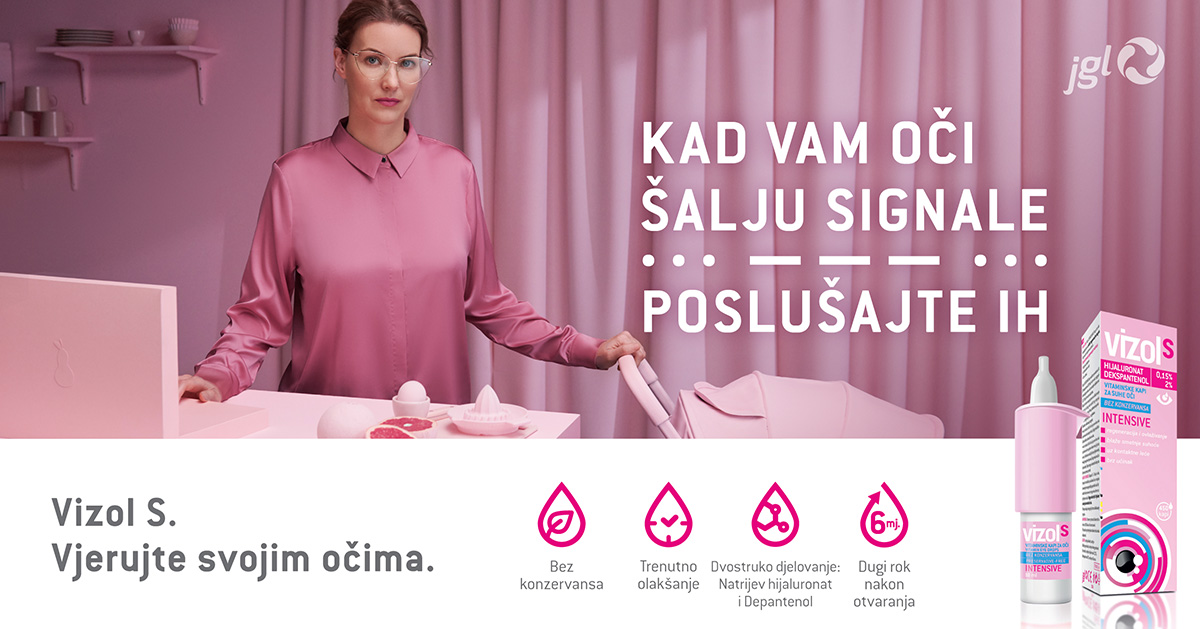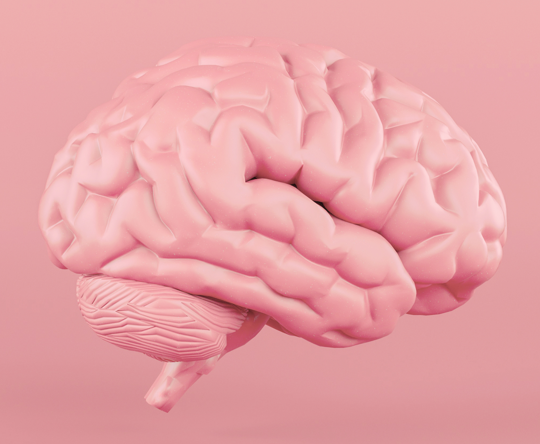Artificial tears are used to moisturize the eye when we do not have enough natural tears or when their composition is weakened. Here's how to use them
It is more than likely that all of us will be affected by an eye health condition at least once in our lives. How to help yourself when you notice dry eye, which vitamins have a beneficial effect on eye health, how to choose artificial tears and when to use them? Pharmacist Silvia Majsec reveals the most important tips on how to react when you notice specific symptoms related to eye health.
The World Health Organization estimates that out of the 2.2 billion people suffering from eye diseases worldwide, for at least a billion of them the disease could have been prevented. Thanks to the eyes, it is possible to detect some other diseases because they reveal symptoms of diabetes, high blood pressure or rheumatic diseases. Apart from aging and genetic predispositions, eye health is influenced by many other factors we have control over ourselves, thus preventing disease and improving our health. This is why leading ophthalmologists, neurologists, endocrinologists, psychiatrists, rheumatologists, otorhinolaryngologists, plastic surgeons, general practitioners, pharmacists and engineers are brought together at X-Lab — the expert research hub by JGL — to analyse the latest research and, by applying a holistic approach, to share with us how to take care of our eye health and why that is important for our whole bodies.
1 How to relieve eye discomfort if the symptoms are not indicative of the disease?
Symptoms such as tired eyes, tingling / stinging, foreign body sensation or sand in the eyes, occasional redness, tearing, itching or increased eye sensitivity are often associated with staying in air-conditioned rooms, wearing contact lenses, make-up induced irritation, wind, or prolonged screen time. Sometimes symptoms can also occur as a side effect of certain medications. The appearance of these symptoms should not be worrying if it occurs occasionally.
Here’s how to make it easier: get enough water, get enough sleep, give your eyes a rest from contact lenses by wearing glasses, use artificial tears to moisturize your eyes and suppress dryness, maintain eye hygiene, wear sunglasses, use humidifiers. Warm compresses, which stimulate the secretion of lipid-rich secretions from the Meibomian glands, also help with more severe symptoms.
Symptoms such as tired eyes, tingling / stinging, foreign body sensation or sand in the eyes, occasional redness, tearing, itching or increased eye sensitivity are often associated with staying in air-conditioned rooms, wearing contact lenses, make-up induced irritation, wind, or prolonged screen time. Sometimes symptoms can also occur as a side effect of certain medications. The appearance of these symptoms should not be worrying if it occurs occasionally. Here's how to make it easier: get enough water, get enough sleep, give your eyes a rest from contact lenses by wearing glasses, use artificial tears to moisturize your eyes and suppress dryness, maintain eye hygiene, wear sunglasses, use humidifiers. Warm compresses, which stimulate the secretion of lipid-rich secretions from the Meibomian glands, also help with more severe symptoms.
Prolonged exposure to smoke can cause redness, irritation, tearing and foreign body sensation in the eye.
It is recommended that you avoid rubbing your eyes as this can worsen the irritation. If you wear contact lenses, take them out until your eyes get some rest, because you are even more prone to irritation when wearing them. Rinse your eyes with artificial tears to remove potential foreign particles from the eye and thus reduce irritation, and be sure to wash your hands with soap beforehand. If you can, lie down and rest your eyes by holding a cold compress for five to ten minutes.
3 What to do if some perfume gets in your eye?
First you need to wash your hands thoroughly to make sure there are no chemicals or soap on them. Then rinse your eye with lukewarm water or saline for ten minutes. If you wear contact lenses, take them out. Do not rub the eye as this may cause additional damage and irritation. Do not put anything in your eye except water and artificial tears. It would be advisable to lie down and rest your eyes for 30 minutes as the natural tear film will expel the remnants of the perfume. In case of permanent redness, if the symptoms do not subside or if they worsen, be sure to contact your doctor.
4 How do eye drops alleviate discomfort?
Eye drops are used in the treatment of various eye conditions. Depending on the disease, they may contain different medications; antibiotics, corticosteroids, antihistamines, glaucoma therapies, medications for eye redness. Most eye drops that contain drugs are prescribed by a doctor who, depending on the condition of the eye, determines the duration of the prescribed therapy. The drops used to treat redness of the eye contain a substance that constricts the blood vessels in the eye and thus resolve the redness; these can be used for two to three days in a row.
5 When to use artificial tears?
Artificial tears do not contain drugs. They serve to moisturize the eye and replace the natural tear film and are used as a replacement therapy for natural tears when their secretion is reduced or their function and composition are weakened. This moisturizes and rinses the eye and protects against infections and mechanical damage, such as dust or sawdust particles, and allergens.
Choosing artificial tears depends on the symptoms. If the burning sensation and redness are more pronounced in the morning, and the tearing is intensified after working on the computer or staying in the wind and cold, then it is probably a case of hyperevaporative dry eye, i.e., a disorder of the lipid layer of the tear film. You should choose drops that also contain a lipid component. If symptoms such as dryness and sand in the eyes and redness occur mainly in the evening, it is most likely a hyposecretory form of dry eye, i.e., reduced tear production. In this case the water component needs to be compensated for.
In case of extreme dryness – after diagnostic or surgical procedures on the eye, such as laser vision correction – it is recommended to use artificial tears with the addition of dexpanthenol because it stimulates regeneration of the eye surface by accelerating the healing process of damaged conjunctiva and cornea. Artificial tears are best used daily, several times a day, if necessary, especially before working on the computer and before going to bed, in order to regenerate the mucous membrane of the eye during the night. Preservative-free drops should be chosen and it is definitely recommended to pay attention to their expiration date.
6 Are there eye drops that are only used for allergies?
Disorders that occur in response to allergens are redness, itching, tingling sensation, watery eyes, and swollen eyelids. Drops to relieve the symptoms of an allergic reaction are prescribed by a doctor. These are most often drops that contain an antihistamine. Since dry eye as a side-effect is possible, it is recommended to use artificial tears, but not at the same time. It is recommended to rinse the eyes with artificial tears after being outdoors or in contact with an allergen. These will moisturize and soothe the eyes and help flush out allergens.
For people suffering from allergies, artificial tears containing ectoine are also recommended. It is a natural ingredient derived from extremophiles, microorganisms that can survive in extremely adverse environmental conditions. Artificial tears with ectoine have a preventive effect on allergen exposure. It is recommended to apply drops to the eyes before being exposed to allergens, since ectoine acts by coating the mucous membranes by forming a film and thus hinders the adhesion of allergens. Artificial tears containing ectoine also alleviate existing symptoms by protecting against harmful allergens, as well as help the process of regenerating irritated and sensitive mucous membranes of the eye. It is important not to rub your eyes when irritated, as symptoms may worsen. Use cold compresses instead.
7 Which vitamins can have a beneficial effect on eye health?
Vitamin A (beta-carotene) is important because its deficiency can lead to dry eye and night-blindness. Its antioxidant effects protect the eye from developing diseases or from macular degeneration. Studies have shown that vitamin A combined with other antioxidants helps slow the progression of neuropathy.
Vitamin E – also an antioxidant – protects eye cells from free radicals.
Vitamin C is important for defending against free radicals and for collagen synthesis; it also slows down the degenerative processes in the eye.
Lutein and zeaxanthin are antioxidants with anti-inflammatory effects. These protect the eye tissue, lenses and the macula, which reduces sensitivity to light and prevents diseases such as cataracts. The body cannot synthesize them on its own, so it needs to be ingested through food (by eating green leafy vegetables) or through supplements.
Omega-3 fatty acids reduce inflammatory processes.
Zinc is one of the most important nutrients because it helps absorb other vitamins and minerals. In combination with other vitamins, it protects the retina and reduces the risk of macular degeneration.
A balanced diet rich in vitamins and minerals, which we find in foods such as carrots, green leafy vegetables; beans, fish and seafood; sweet potatoes, nuts and eggs, is key to maintaining better vision. These vitamins work by strengthening the eye tissue, reducing the sensitivity of the eyes to light, reducing the risk of macular degeneration and cataracts and protecting against the effects of free radicals.
QUIZ
SUFFERING FROM DRY EYE SYNDROME? ANSWER THESE QUESTIONS AND FIND OUT HOW TO PREVENT IT AND WHAT TO DO WHEN YOU ARE ALREADY FEELING THE SYMPTOMS
QUIZ





